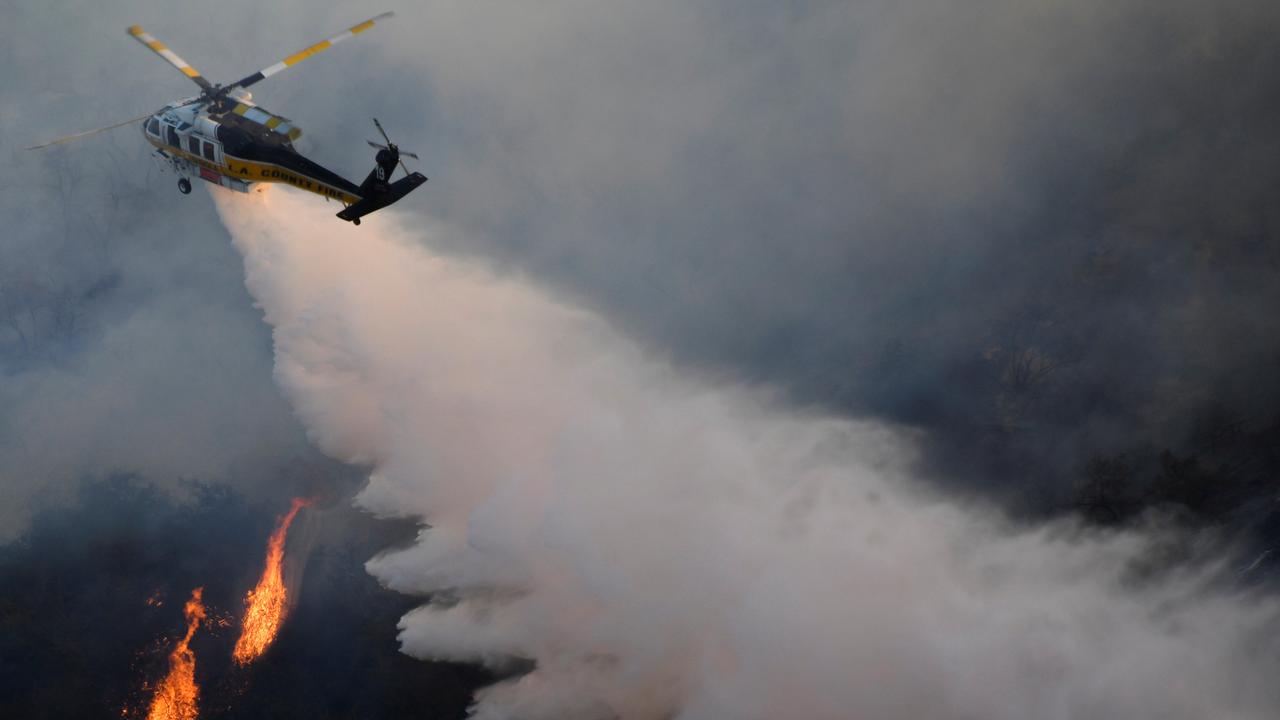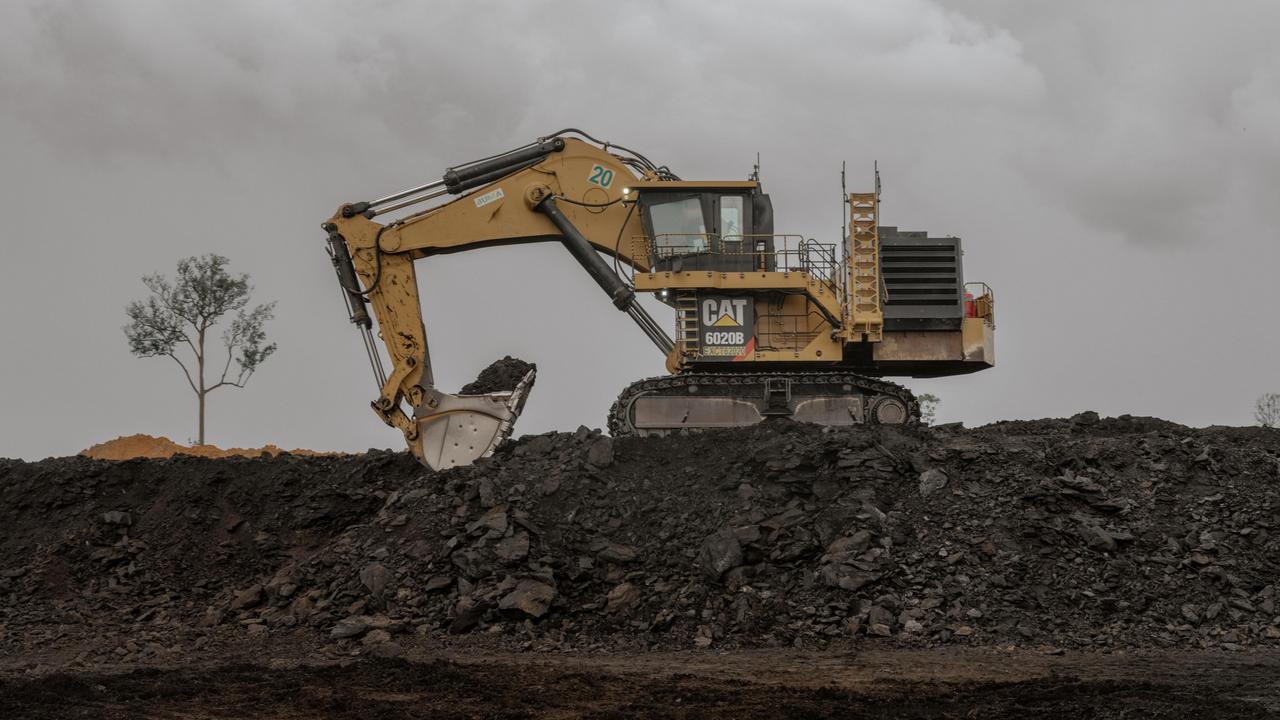A top mission for Europe’s chief is to cool Trump’s ire at the EU
Trump is threatening Europe over trade and war. What comes next will depend partly on Ursula von der Leyen.
President-elect Donald Trump is known for grandiose statements, a larger-than-life persona and a fondness for unpredictability. His counterpart on the other side of the Atlantic couldn’t be more different in political style.
The US relationship with Europe will rest in part on whether European Commission President Ursula von der Leyen can cool Trump’s ire toward the European Union.
Trump has long assailed the EU. In 2018, he called it a leading US foe, attacking it for taking advantage of America on trade while depending on Washington for its defence. He is threatening trade tariffs on Europe, cuts in support for Ukraine and a diminished role in its regional security.
With Trump gearing up for his return to the White House, von der Leyen will start her second five-year term at the helm of the EU’s executive body on Sunday. She has been in the job long enough to experience the first Trump presidency, and her team is taking lessons from that time: Expect the unexpected and identify common interests.
In her first year in the Commission job -- Trump’s last full 12 months in office -- the EU landed a tariff-cutting trade understanding with the Trump administration and started a joint dialogue on China, which is seen by both leaders as a potential threat.
Von der Leyen, a 66-year-old former German defence minister who was once seen as a likely successor to former German Chancellor Angela Merkel, never strays from message discipline.
Her organised, tight control of the Brussels bureaucracy abhors any hint of chaos. She had sleeping quarters installed in her European Commission office and works around the clock.
As a close ally of President Biden, she irritated some European capitals by avoiding fights with Washington in recent years. She has made it clear it is in Europe’s vital interests to form a constructive relationship with the incoming Trump administration and avoid what could become major clashes over trade, the fate of Ukraine and Europe’s security.
EU leaders, following postelection calls with the president-elect, all said they would proactively seek areas where they can co-operate. But they are also drawing up plans to defend their interests.
A select EU team worked since summer to analyse Trump’s proposals and lay out possible countermeasures and incentives to avoid a clash. Initial discussions about their work focused largely on trade and tariffs.
The commission has internally considered options to increase imports of US goods and narrow the EU trade surplus with the US. Von der Leyen recently suggested buying more US liquefied natural gas to replace the Russian gas some countries still use. The EU has roughly tripled its imports of US LNG since Russia invaded Ukraine.
The bloc could also look at buying more US agricultural and defence products, officials and diplomats said.
If the US imposes tariffs, the commission would target sensitive sectors and US electoral districts for countertariffs, as it did after the first Trump administration slapped steel and aluminium duties on the EU in 2018. At that time, the bloc’s targets ranged from bourbon whiskey to Harley-Davidson motorcycles, orange juice and Levi’s jeans.
The focus has now broadened. European officials say building a working relationship with the new administration will require a package of measures that goes beyond trade, such as taking more of the financial burden of supporting Ukraine and boosting military spending, including on US military equipment.
“Russia is spending up to 9 per cent of its GDP on defence. Europe is spending on average 1.9 per cent,” von der Leyen said this past Wednesday. “Our military spending must increase.” Von der Leyen is lining up a new European defence plan that could pour billions of euros into the bloc’s industry and common defence projects. But Europe’s national governments, not the EU, largely manage the purse strings for Ukraine and defence, so Brussels can only nudge the bloc toward meeting Trump’s expectations.
The EU already has committed up to 35 billion euros, or $US37bn, toward a Group of Seven loan for Ukraine and still has most of a 50 billion euro package of Ukraine budget support to disburse.
On defence, two-thirds of North Atlantic Treaty Organisation members now meet the requisite 2 per cent of gross domestic product military spending the alliance targets. Earlier this past week, incoming national security adviser Mike Waltz told CNBC that 2 per cent was the “bare minimum.” Driving targets higher could create deep problems for some European governments, which face a toxic mix of political instability, weak growth and high debt.
Joining von der Leyen in the new EU leadership is former Estonian Prime Minister Kaja Kallas, who replaces foreign-policy chief Josep Borrell. António Costa, a longtime Portuguese prime minister, becomes European Council president, co-ordinating the stance of EU national leaders.
Kallas and Costa started their first day in the job in Kyiv -- a signal, they said, of Europe’s pledge to continue backing Ukraine. Speaking to a group of reporters en route to the country, Kallas said the EU would need to talk “transactional language” with Trump and persuade him that it would hurt US interests to abandon Ukraine.
The new foreign-policy chief warned of the dangers of focusing on a quick-fix ceasefire to end the war, pointing to a decade of Russian aggression in Ukraine, which started with the 2014 annexation of Crimea.
“Between 2014 and 2022, we have had several ceasefires and what we have seen is that Russia does not respect the terms of those ceasefires and we have had more wars,” she said. A Russian victory in Ukraine “emboldens China … It emboldens North Korea, Iran.” Trump has made clear that he wants to use tariffs to alter trade flows and secure concessions from governments. Last Monday, he said he would impose steep tariffs on Canada and Mexico until they address cross-border flows of migrants and drugs.
Officials continue to analyse all possible trade moves from Trump’s team, the EU’s top trade bureaucrat, Sabine Weyand, said this past Tuesday. She said the bloc’s aim is co-operation.
“We are also prepared for disruptive scenarios,” she said.
The bloc could try to wield influence with Washington by offering to co-operate with the US on a joint approach to China, some diplomats and officials in Europe said. The EU and the incoming Trump team share concerns about Beijing, including the export of hi-tech goods to China and the high levels of cheap Chinese exports that officials say are flooding North American and European markets.
Von der Leyen has ruffled feathers in Europe -- and Berlin in particular -- with a China stance that would appear more at home in Washington. In a major speech on China in 2023, she said Chinese leader Xi Jinping’s “clear goal is a systemic change of the international order with China at its centre.” Under her leadership and against opposition from Germany, the EU took its toughest recent trade measure against Beijing, slapping additional tariffs of up to 35 per cent on Chinese-made electric vehicles.
But the EU remains largely wedded to global trading rules, and some of its biggest economies depend on deep ties with Beijing. Member states fear European companies will foot some of the bill for US tariffs on China because Beijing will redirect more Chinese exports to Europe.
The bloc’s digital regulations could also cause friction. Trump has railed against EU efforts to police American tech companies in the past.
The EU this year charged Apple and Meta Platforms with breaching a new digital-competition law. The companies could face fines of up to 10 per cent of their worldwide revenue. Trump confidant Elon Musk’s X platform faces a possible fine under a separate online-content law.
Since Trump’s election win, von der Leyen has insisted the stakes are too high to allow European-US relations to turn sour.
“Millions of jobs and billions in trade and investment on each side of the Atlantic depend on the dynamism and stability of our economic relationship,” she said in a congratulatory message to Trump.
The Wall Street Journal


